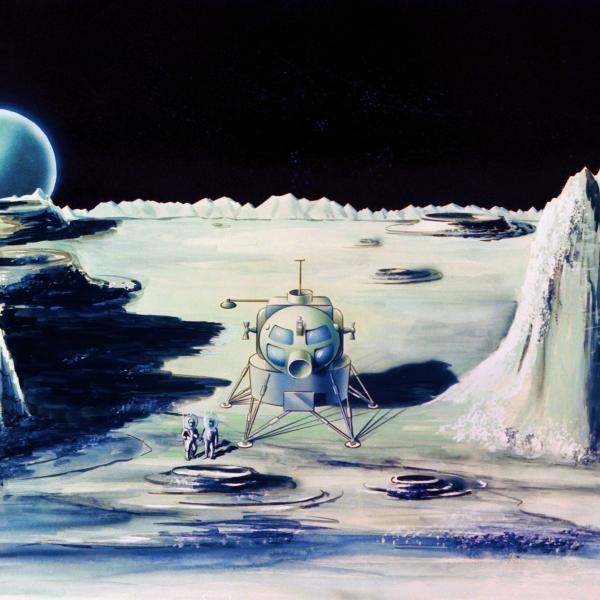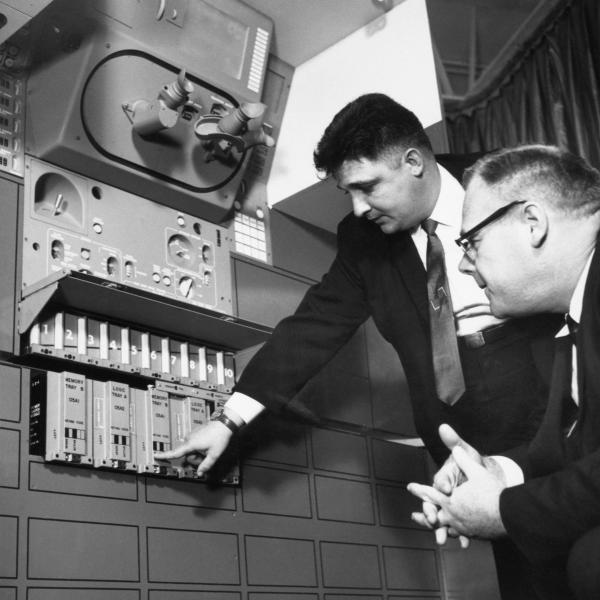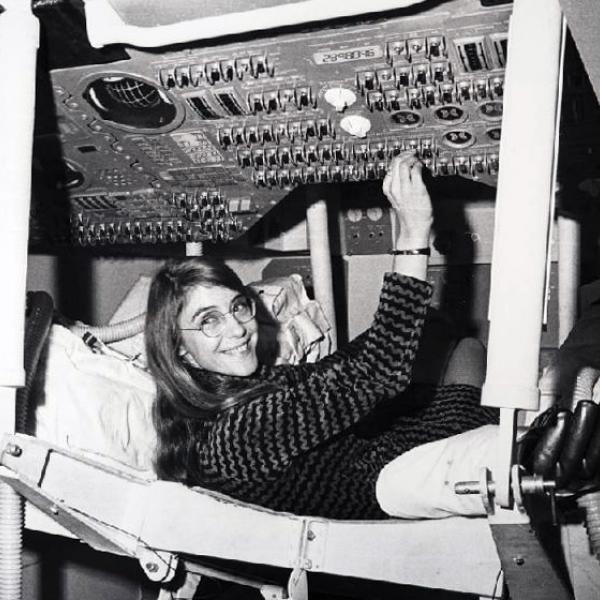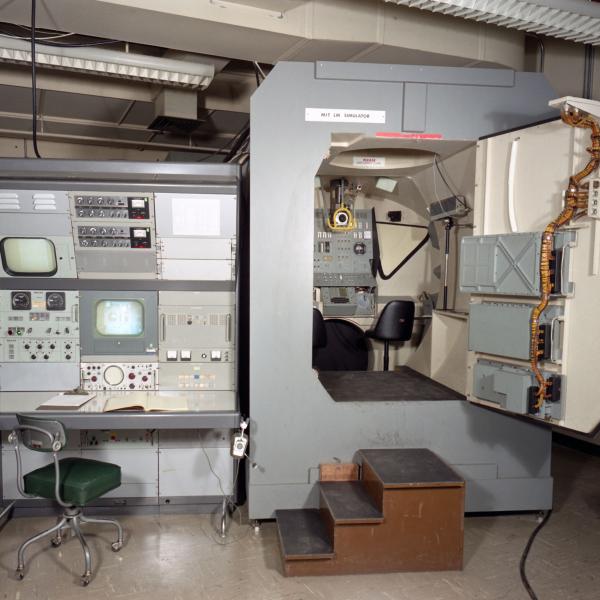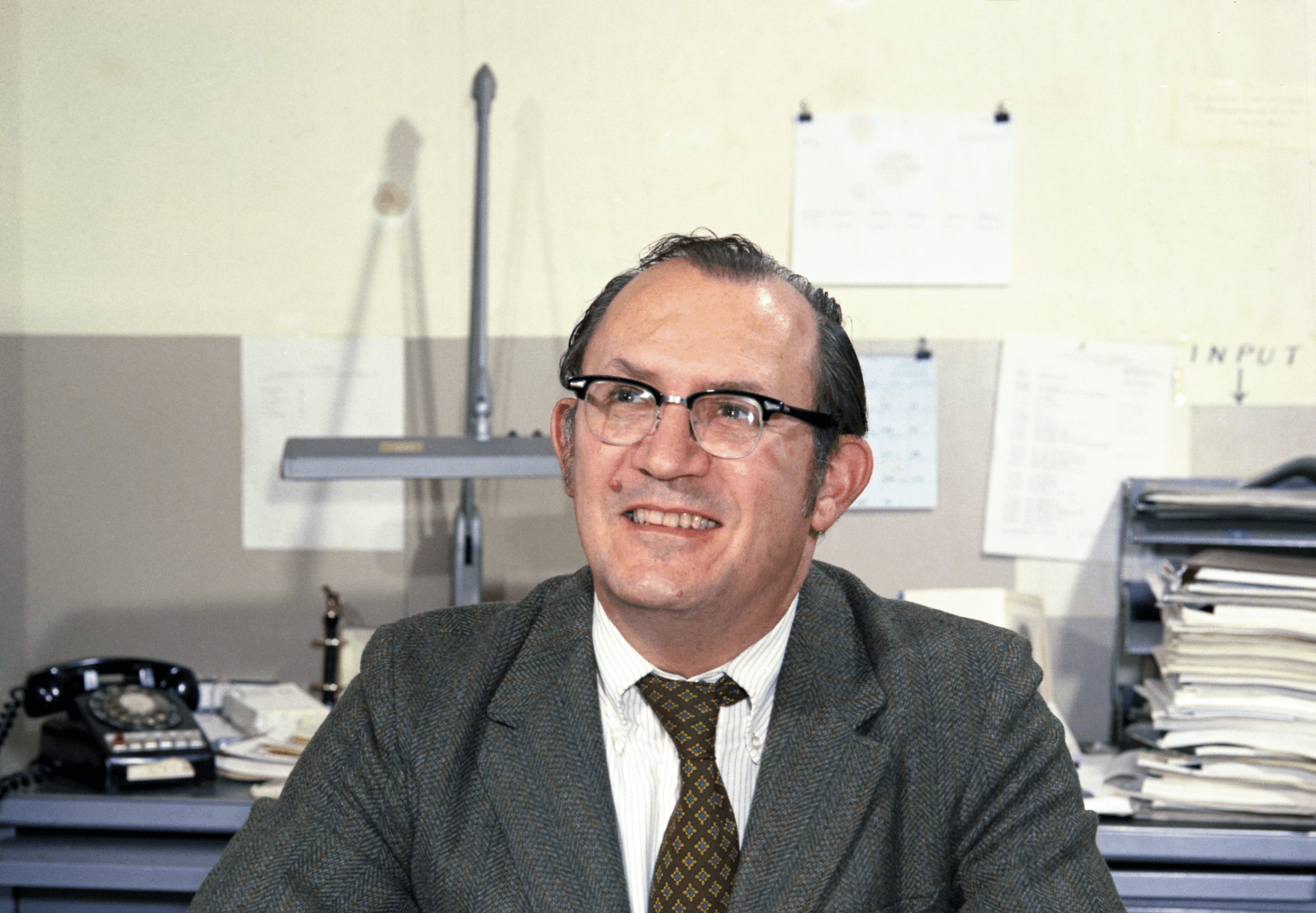
J. Halcombe Laning
Hal Laning received a PhD from MIT in 1947 and during is time at the Instrumentation Lab (now Draper) he made significant contributions to computer science. He invented an algebraic compiler (the Laning and Zierler system aka George) that could turn algebraic equations into a usable computer program. It was the first of its kind. In 1955, he was appointed deputy associate director of MIT’s Instrumentation Laboratory and held the position until 1980.
At the IL, Laning worked with Dick Battin on the Q guidance system for the Polaris missile before moving to the Mars Probe and finally the Apollo program. There, he designed the executive program for the Apollo Guidance Computer. Instead of breaking the tasks into subtasks so they could be alternated, Laning’s executive program assigned tasks priority and allowed high priority tasks to interrupt low priority tasks in such a way that the interrupted task could resume from where it left off. The program was created from nothing but Laning’s genius.
After completing his time at the IL, Laning was elected to the National Academy in Engineering and made an honorary member of the American Mathematical Society for his work in computing and space exploration.
